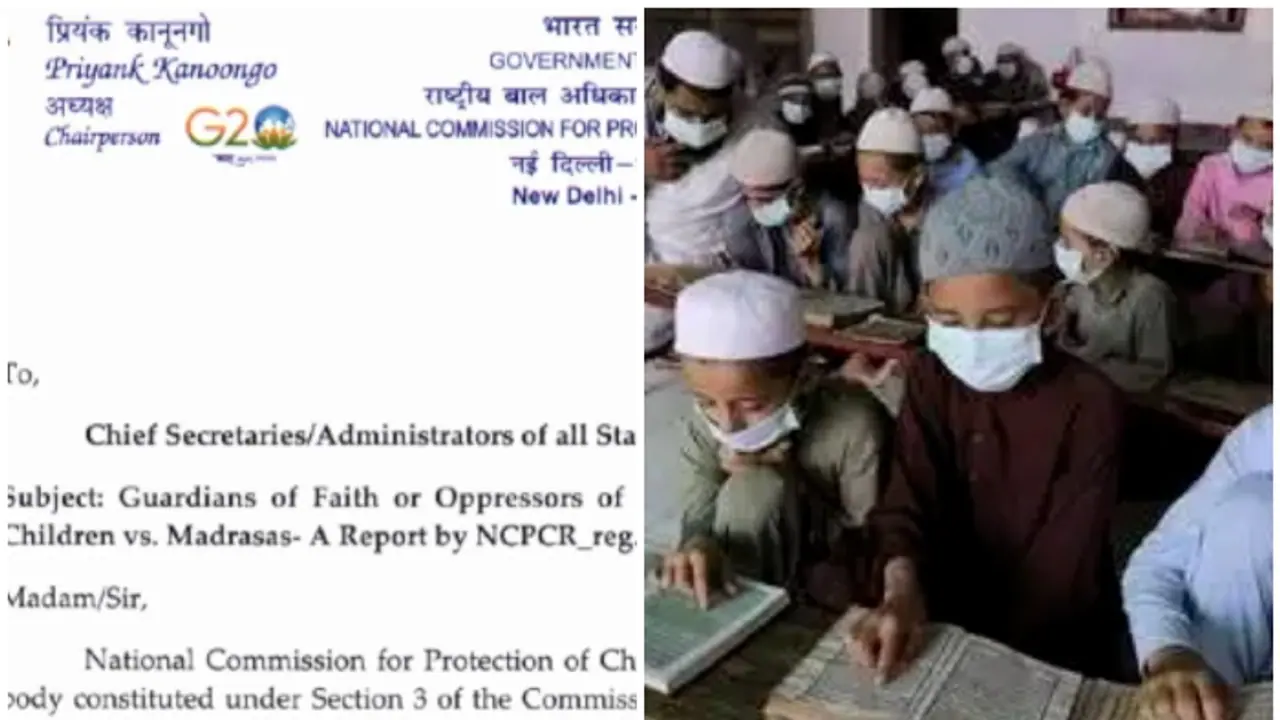The NCPCR's directive to dissolve madrassa boards will not impact Kerala, as the state has no government-funded madrassa boards or salaried teachers. Support for madrassa teachers relies solely on a welfare fund financed by their own contributions, with no involvement from the government.
Thiruvananthapuram: The National Commission for Protection of Child Rights (NCPCR) directive to dissolve madrassa boards will not impact Kerala, confirmed authorities. The state does not have any madrassa boards that receive government funding, and no madrassa teachers are on government payrolls. Consequently, the NCPCR's directive is inapplicable to Kerala. The directive is aimed specifically at madrassas operating under government-aided madrassa education boards.

In Kerala, the only support available for madrassa teachers comes from a welfare fund financed through monthly contributions from the teachers themselves, which is utilized to provide pensions. The government does not provide salaries to madrassa teachers. Both madrassa management and teachers participate in this welfare fund and are obligated to contribute financially.
When the welfare fund was created, the government contributed a corpus fund, but no additional financial assistance has been provided since then. Madrassas in Kerala operate under local mosque committees (mahall committees), and there are worries that rumors may circulate about potential closures of these madrassas. Consequently, the government may implement necessary measures to manage the situation.
Kerala differs from many North Indian states regarding this issue. In Kerala, children are provided with formal education through the public education system. In contrast, several North Indian states, such as Uttar Pradesh, Maharashtra, Bihar, and Jharkhand, face challenges in accessing public education, resulting in a greater reliance on madrassas for educational opportunities.
In Uttar Pradesh, some madrassas have been in operation for more than 120 years, currently serving approximately 1.7 million students. Out of these, 16,500 madrassas are officially recognized by the government, and around 500 receive government funding.
In its recent report titled "Guardians of Faith or Oppressors of Rights?", the NCPCR highlighted that religious institutions functioning outside the scope of the Right to Education (RTE) Act, 2009, have a negative effect.
Although Articles 29 and 30 of the Indian Constitution safeguard the rights of minorities to maintain their culture and establish educational institutions, the NCPCR argues that these provisions have unintentionally resulted in discrimination against children in madrassas. As a consequence, these children often miss out on the formal education required by the RTE Act.
The report noted that although madrassas primarily concentrate on religious education, many of them lack essential elements of formal education, including adequate infrastructure, qualified teachers, and a structured academic curriculum. The NCPCR reported that a significant number of Muslim children are out of school, estimating that approximately 1.2 crore Muslim children are not receiving formal education, based on UDISE 2021-22 data.
